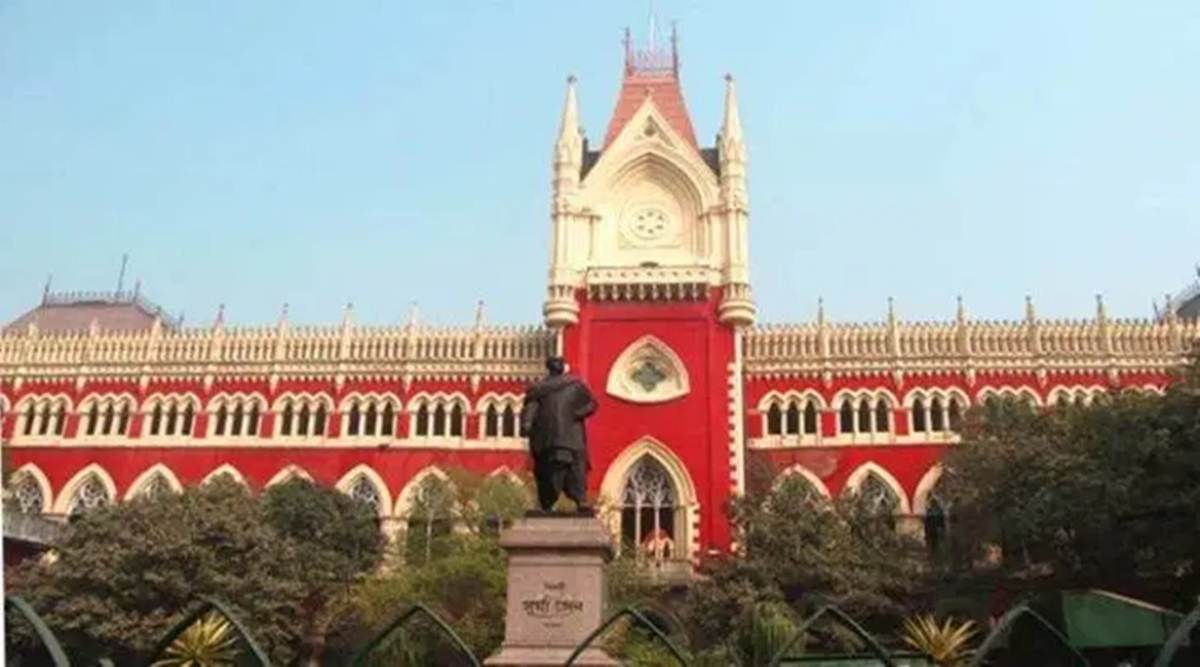
The Calcutta high court recently comprising of a bench of Justices Joymalya Bagchi and Ananya Bandyopadhyay passed an order noting that officers seizing narcotics have to ascertain that narcotic drugs entire seizure procedure should be videographed. Reasoning that draconian provisions of the Narcotic Drugs and Psychotropic Substances (NDPS) Act are sometimes misused. (Kalu Sk. @ Kuran v. State)
The order further said, if officers fail to record the procedure in video, they have state the reasons for failure in investigation record.
Facts of the case
The bench was hearing a case where severe lapses were recorded on the part of the investigating agency during the recovery of narcotic substances under the NDPS Act.
Disturbing features were noticed in a number of cases including the present one involving recovery of narcotic substance under N.D.P.S. Act. Firstly, the seizure list did not contain signatures of all the accused persons who were alleged to have been arrested from the spot where the recovery was made. Secondly, presence of independent witnesses at the time of seizure appeared to be doubtful, as the said witnesses in their statements before the Magistrate under Section 164 of the Code of Criminal Procedure did not support the seizure. Noticing such discrepancies in the present and other cases, this Court was constrained to issue directions upon the Superintendent of Police of Murshidabad Police District to take steps in the matter including initiation of disciplinary proceedings/suspension of police officers connected with the investigation of the case.
Courts Observation and Judgment
The bench observed, "The observations made in Shafhi Mohammad as well as the guidelines in the Field Officers’ Handbook issued by the Narcotics Control Bureau reinforce our view regarding mandatory videography of recovery proceedings under NDPS Act. Technology has advanced considerably and equipments like smartphones and other electronic devices enabling videography are ordinarily available with seizing officers. Hence, lack of availability of technology or awareness is a non- issue”.
The Court further acknowledged that the NDPS Act vests plenary powers of search, seizure and arrest on investigating officers and that even the power of the Court to grant Bail is circumscribed by strict restrictions under Section 37 particularly in cases involving commercial quantity.
The Court remarked, “While a strict law is necessary to control organized crime like drug trafficking and protect the youth from the menace of drug abuse, its draconian provisions are sometimes misused by investigating agency leading to false implication and prolonged unjustified detention of individuals. Most of the cases registered under the N.D.P.S. Act revolve around recovery of narcotic substance from the accused. Heart and soul of the prosecution is the legitimacy of such recovery. Prosecution in such cases primarily relies on the evidence of official witnesses particularly seizing officers to prove lawful recovery of contraband. In most cases as in the present case, independent witnesses are either not examined or turn hostile. There may be myriad reasons for that ranging from false implication to winning over of such witnesses by resourceful accuseds".
Thus, the Court issued the following directives to ensure that the 'unvarnished truth' is placed before the Court during adjudication,
(i) In all cases involving recovery of narcotic substance particularly recovery of narcotic above commercial quantity, seizing officers shall make a video recording of the entire procedure unless for reasons beyond the control of seizing officers, they are unable to do so;
(ii) Reasons for failing to videograph the recovery proceeding must be specifically recorded in the investigation records particularly contemporaneous documents including seizure/inventory list;
(iii) Superior Police Officer not lower than the rank of Additional Superintendent of Police shall monitor recovery of narcotic substance above commercial quantity within their territorial jurisdiction and ensure due compliance of statutory provisions regarding search and seizure including compliance of the directives (i) and (ii) relating to videography of recovery and/or recording of adequate reasons for departure from such procedure;
(iv) Non-compliance of the directives (i) and (ii) relating to videography of recovery and/or failure to record just reasons in contemporaneous documents for its non- compliance would attract departmental proceeding so far as the seizing officer is concerned;
(v)Director General of Police shall issue necessary directions for due compliance with the aforesaid directives;
(vi) Superintendent of Police/Commissioner of Police in each district/commissionerate shall undertake training programmes to spread awareness and capacity building of officers regarding compliance of statutory requirements in the matter of search and seizure of narcotic substance under NDPS Act and compliance of the aforesaid directives relating to videograph of recovery including collection, preservation and production of such electronic evidence in Court.
The Court emphasised once more that the aforementioned necessity of recording recovery processes is applicable to all Central agencies authorised by the NDPS Act to search for and seize narcotics.
The Court further ordered, “Accordingly, it is proposed directive Nos. (i), (ii) and (iv) shall apply to all seizing officers of the Central agencies empowered to search and seize narcotics under NDPS Act. Directive Nos. (v) and (vi) shall apply to the head of the department of the Central agency concerned while Directive Nos. (iii) and (iv) shall apply to all superior officers of the said agency not below the rank as prescribed by the head of the department”.
Social media is bold.
Social media is young.
Social media raises questions.
Social media is not satisfied with an answer.
Social media looks at the big picture.
Social media is interested in every detail.
social media is curious.
Social media is free.
Social media is irreplaceable.
But never irrelevant.
Social media is you.
(With input from news agency language)
If you like this story, share it with a friend!
We are a non-profit organization. Help us financially to keep our journalism free from government and corporate pressure












0 Comments